
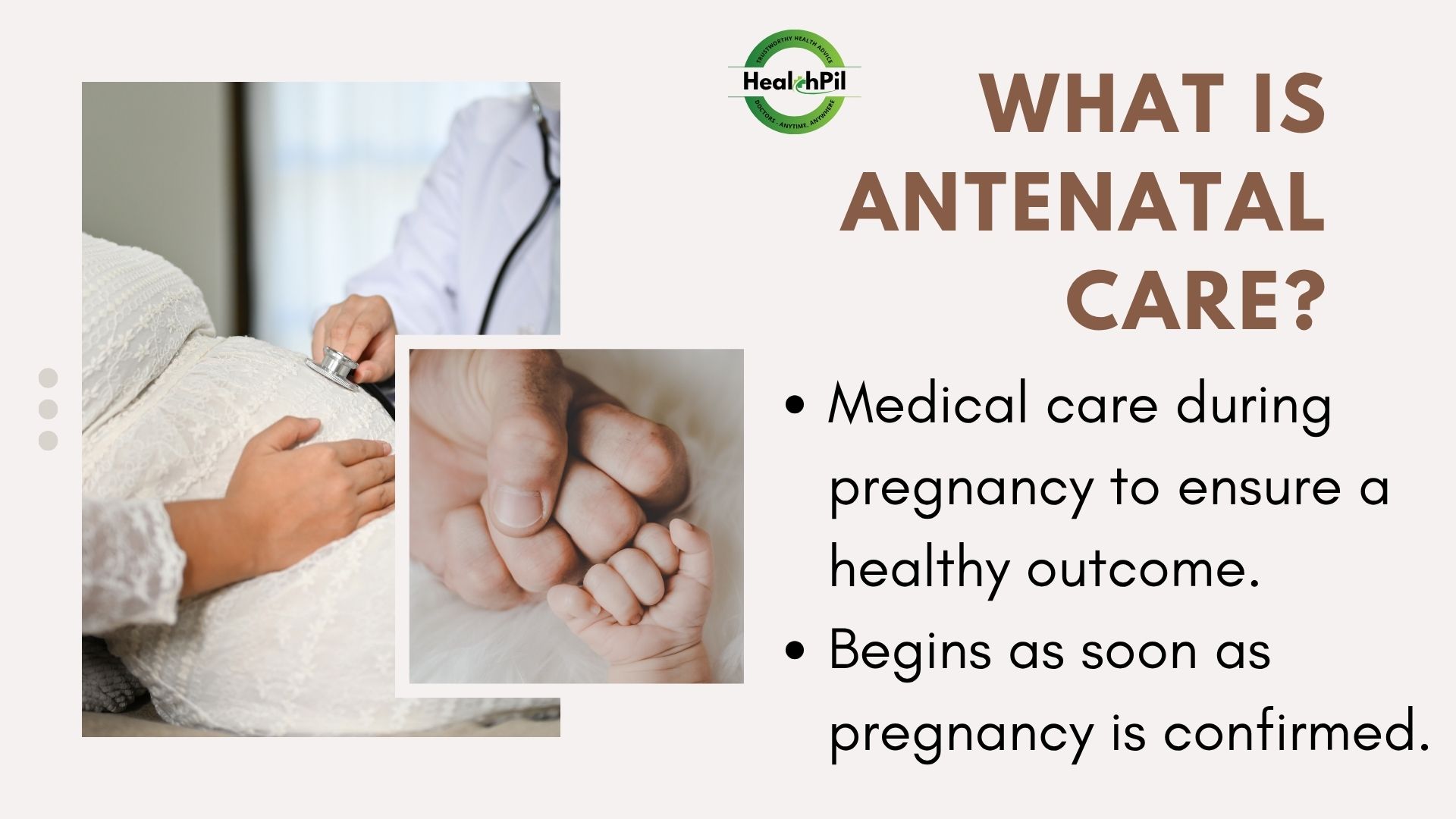
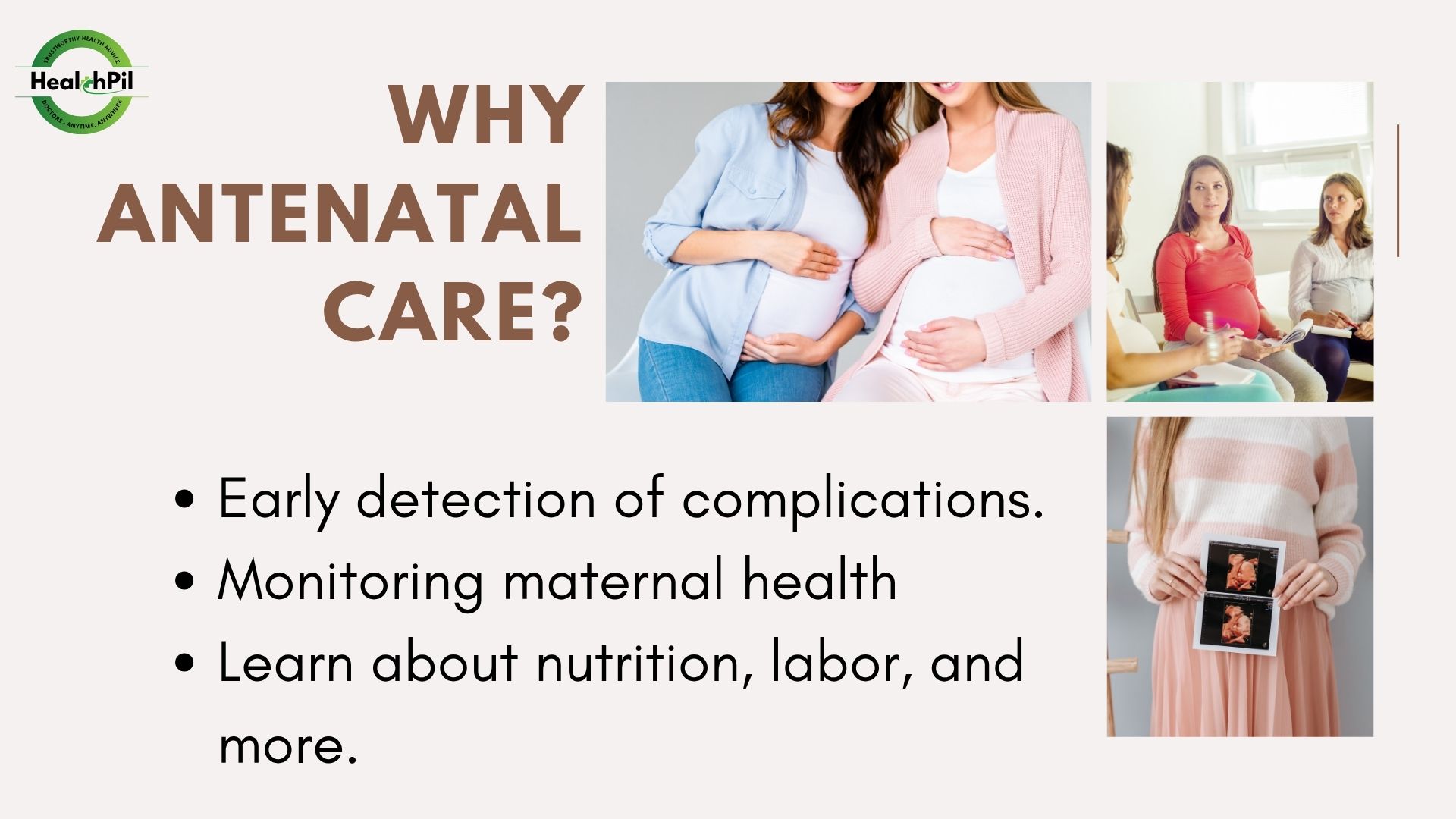
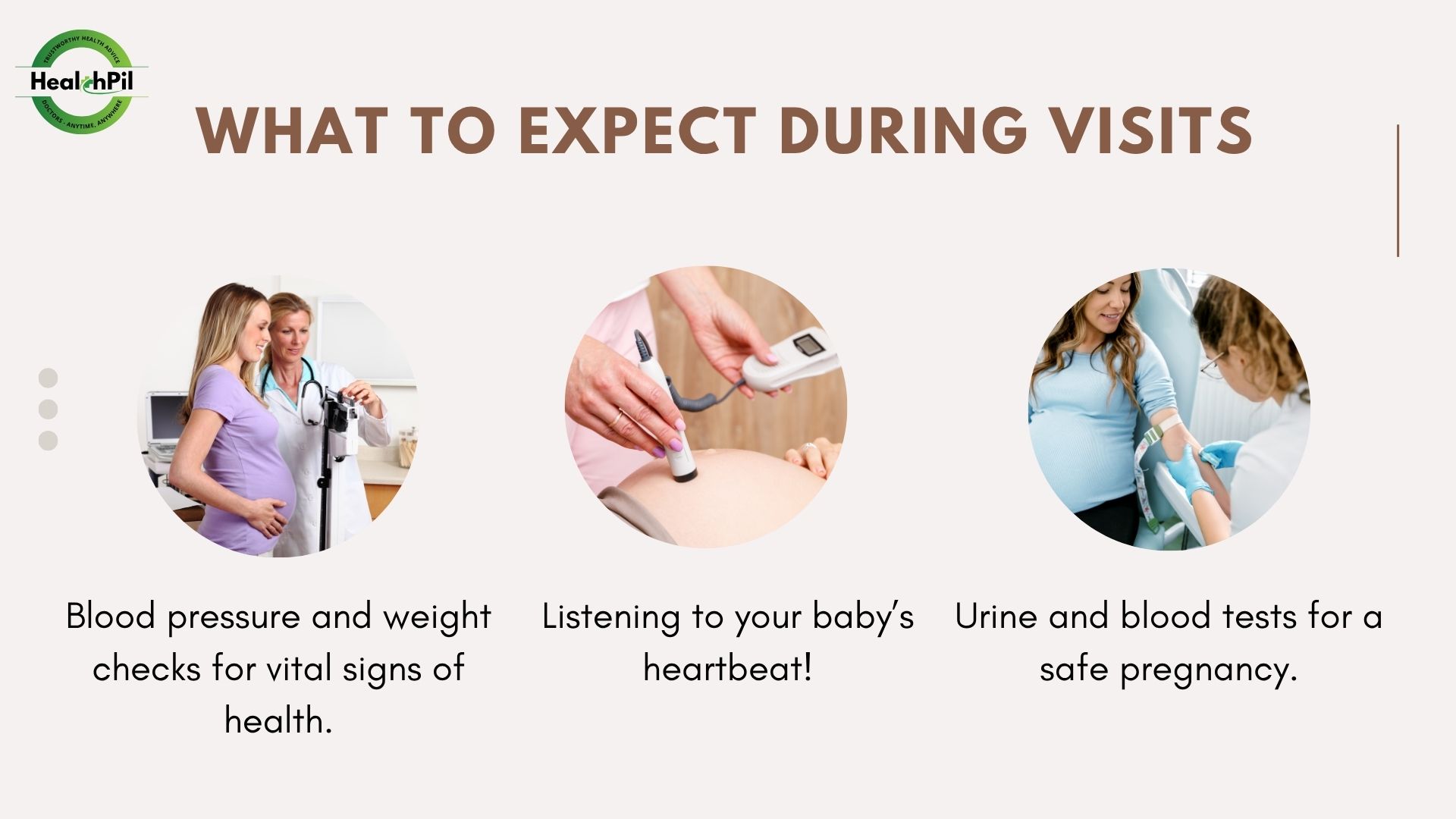
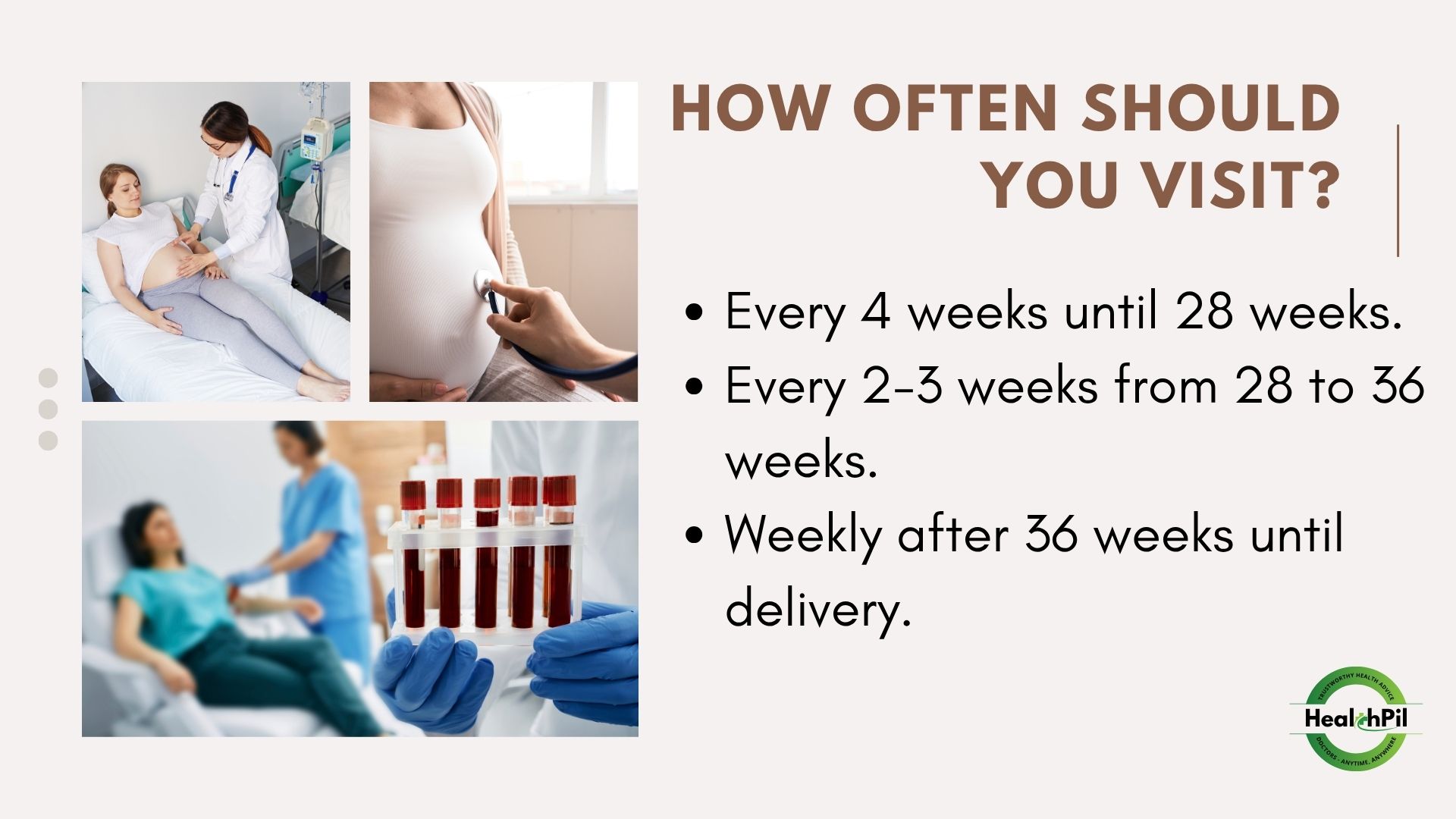
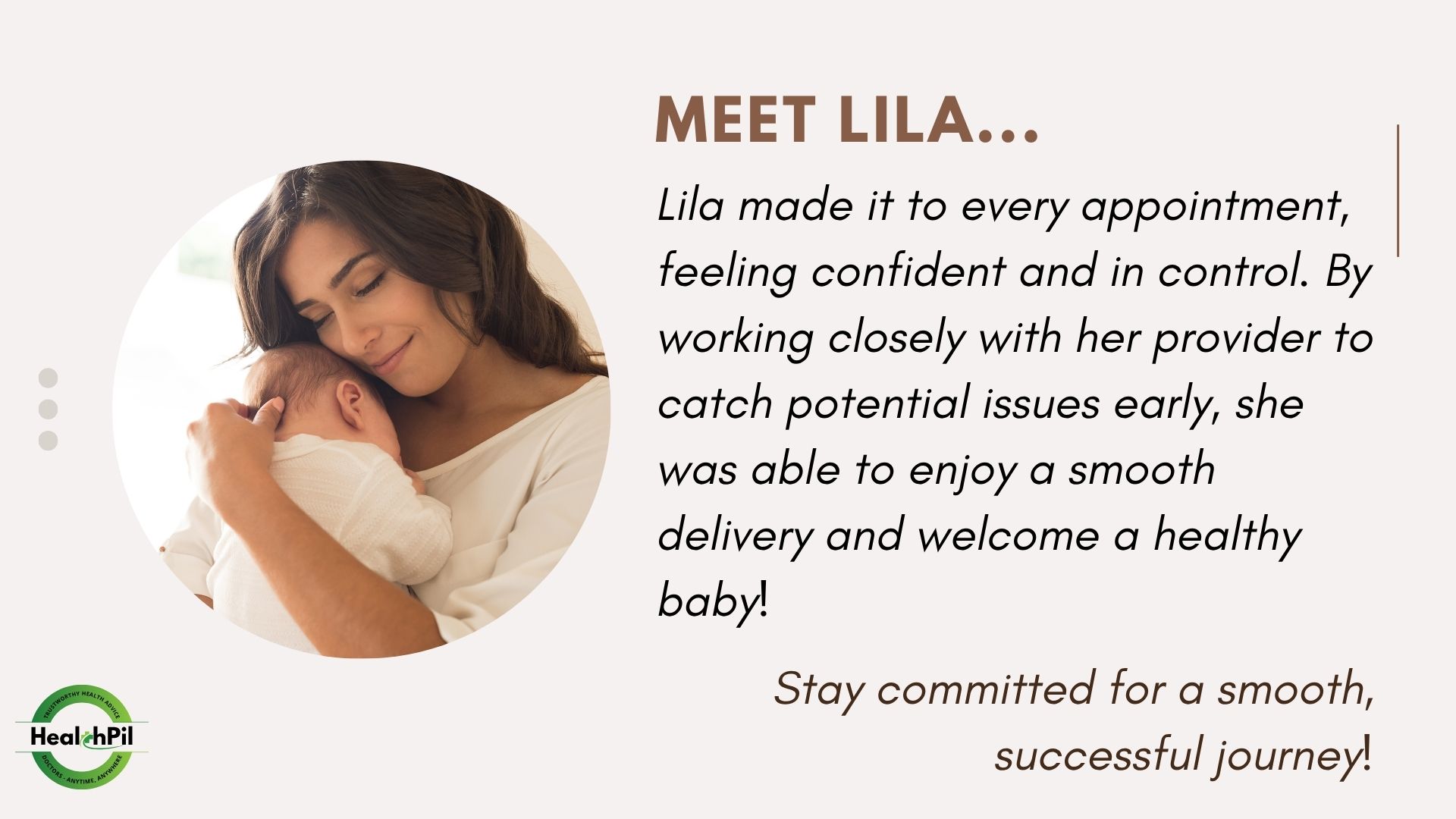

Regular antenatal care is essential for keeping track of both the mother’s and baby’s health throughout pregnancy. Unfortunately, many women underestimate the importance of these visits. This article highlights why antenatal care is essential and what to expect during your appointments.
What is Antenatal Care?
Antenatal care refers to the medical care provided to a woman during her pregnancy. These check-ups typically start as soon as you find out you are pregnant and continue until delivery. The ultimate purpose of antenatal care is to ensure a healthy pregnancy, identify potential complications, and provide guidance to expectant mothers.
Why is Antenatal Care Important?
1. Early Detection of Complications:
Regular check-ups allow healthcare providers to monitor for potential issues like gestational diabetes, preeclampsia, and fetal growth abnormalities.
2. Monitoring Maternal Health:
Antenatal visits help assess the mother’s physical and emotional well-being, ensuring she receives the necessary support throughout her pregnancy.
3. Education and Support:
These appointments provide valuable information on nutrition, exercise, labor, delivery, and postpartum care. They also offer a space to address any concerns or questions.
4. Building a Relationship with Your Provider:
Regular visits help establish a rapport with your healthcare provider, making it easier to discuss sensitive topics and receive personalized care.
What to Expect During Antenatal Visits
During antenatal visits, healthcare providers typically perform the following assessments:
● Monitoring Blood Pressure and Weight: Regular check-ups help make sure both you and your baby are doing well.
● Fetal Heart Rate Monitoring: Your doctor will listen to your baby’s heartbeat to ensure they’re developing properly.
● Urine Tests: They’ll check for signs of protein, sugar, or infections in your urine.
● Blood Tests: Conducting blood work to check iron levels, blood type, and screen for infections
Frequency of Antenatal Visits
The frequency of antenatal visits can vary depending on individual circumstances, but general guidelines are as follows:
● Every 4 weeks until 28 weeks of pregnancy.
● Every 2-3 weeks from 28 to 36 weeks.
● Weekly after 36 weeks until delivery.
However, women with high-risk pregnancies may need more frequent visits.
Frequently Asked Questions
When should I schedule my first antenatal appointment?
Ideally, you should schedule your first visit as soon as you suspect you’re pregnant or have a positive pregnancy test.
What if I miss an appointment?
If you miss an appointment, reschedule as soon as possible to ensure you receive the necessary care.
What happens during an antenatal visit?
Expect to undergo blood pressure checks, weight assessments, urine tests, and fetal heart rate monitoring.
Are antenatal visits covered by insurance?
Most insurance plans cover antenatal care, but it’s best to check your policy for specifics.
What should I bring to my antenatal appointments?
Bring your medical history, any medications you are taking, and a list of questions or concerns you may have.
Conclusion
Antenatal care is essential for the health and safety of both mother and baby. By attending regular check-ups, expectant mothers can ensure they receive the best possible care throughout their pregnancy. Open communication with healthcare providers and proactive management of any potential issues will lead to a smoother pregnancy journey.
Disclaimer
The information provided in this article is for awareness purposes only and should not replace professional medical advice. Always consult your healthcare provider for personalized medical guidance.
How HealthPil can help?
HealthPil Is Always Here for YOU!
●Need Guidance? Connect with healthcare experts ready to help you navigate gestational diabetes.
●Join Our Community: Gain access to tips, resources, and support from mothers just like you!
●Don’t Delay—Take Action! Your health and your baby’s future are too important to wait!
Contact HealthPil today and empower your pregnancy journey!
